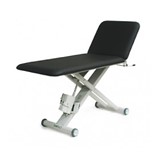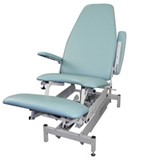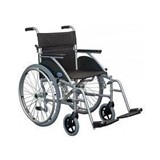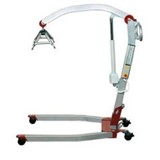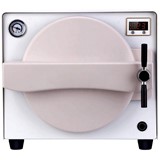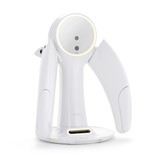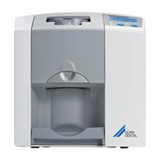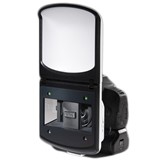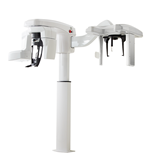Thanks to 3D printing, widespread availability of customised pills may be just around the corner. Even more so now that the US Food and Drug Administration has approved a world first: the anti-seizure drug Spritam, which is given to epileptics, will be 3D-printed.
While the American FDA has approved 3D printed prosthetics and other medical devices, this marks the first time that actual consumable pills will be manufactured this way.
The technology, which was developed by the Massachusetts Institute of Technology in the late 1980s, uses a powder-liquid 3D printing technique, and the company that makes Spritam, Aprecia Pharmaceuticals, has acquired exclusive license to it, putting their own spin on the method.
Aprecia has developed ZipDose, which allows high doses — up to 1,000 mg at a time — to disintegrate on contact with liquid, simply by dissolving the bonds that were created during the 3D-printing process. So high-dosage medications could become much easier to swallow.
The potential for creating custom-printed medications represents the most exciting possibility for researchers and medical professionals alike. Personalised medicine, where what goes into each capsule is specifically tailored to each patient's condition, medical history, and propensity to develop side effects, would be a huge advance in medical technology.
"Previously, such personalised medicine would have been extremely expensive to produce," offered Dr. Mohamed Albed Alhnan, a lecturer in pharmaceuticals at the University of Central Lancashire.
He says the efficiency promised by this technology is also cause for acclaim. "For the last 50 years we have manufactured tablets in factories and shipped them to hospitals," says Alhnan.
"For the first time this process means we can produce tablets much closer to the patient."



